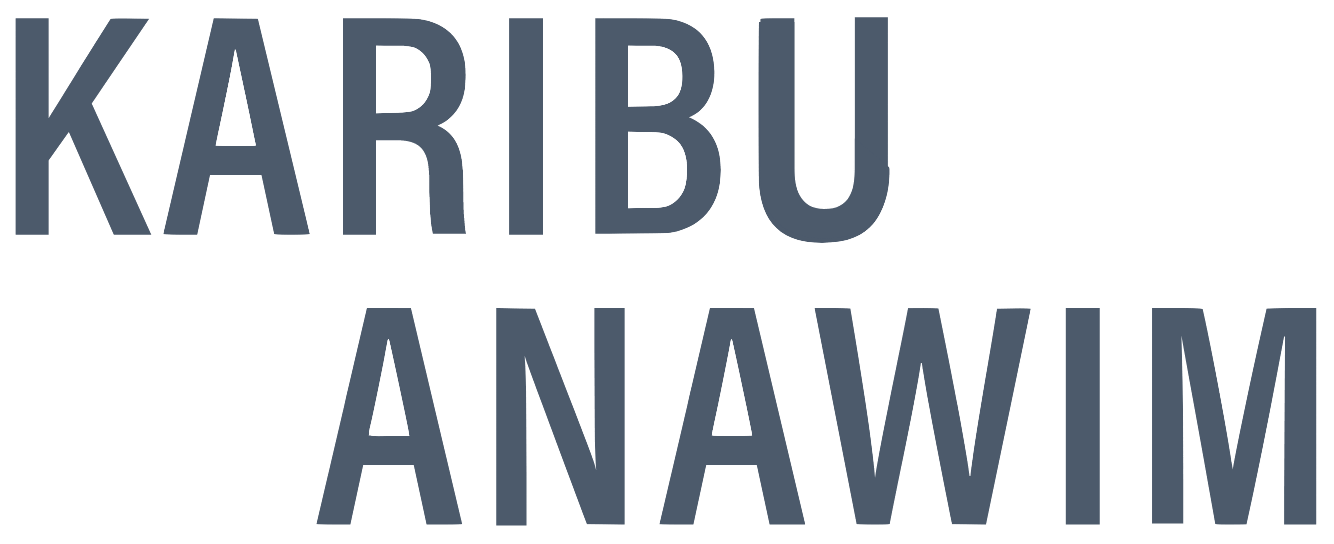Train
On this page you will find help if you are a Medical & Allied Support Professional: Doctor/Surgeon, Occupational Therapist/Speech Therapist/Music Therapist/Social worker, etc.
DID YOU KNOW?
62.6%
when asked if their medical practitioner was aware of the psychosocial issues of living with a facial disfigurement agreed with the statement 'not at all' or rated them poorly.
(Disfigurement in the UK, 2017)
Medical & Allied Support
Professionals
Medical & Allied Support professionals are people before they are their profession. We all have unknown bias and varying levels of exposure to people living with facial disfigurement. Help avoid medical guilt and discomfort by being equipped to understand what it is like living with a facial disfigurement.
Facial disfigurement can be short lived to lifelong:
• Skin conditions: Acne/Eczema/Vitiligo
• Scarring (doesn't need to be visible)
• Port wine stains (nevus flammeus)
• Craniofacial conditions: Treacher Collins/Pfiffer/Crouzon/Craniosynostosis, etc
• Eye issues such as: ptosis, cataract, Duanes/Moebius/Nager syndromes, etc
Recent research demonstrates medical professionals are unaware of the psychological and psychosocial aspects of living with facial disfigurement. Several research studies undertaken have illustrated the need for medical professionals to become aware of the lived experience of people living with facial disfigurement and where to refer them to for relevant support. Here at Karibu Anawim, we understand medical professionals need not know EVERYTHING, but knowing how to approach often awkward situations and who to refer to helps alleviate what could potentially be a very stressful situation for both patient and professional.
Medical Professional advice to other medical practitioners
“We risk labelling someone [with a facial disfigurement] as being defined by [their] appearance.”
Professor Thistlethwaite
(Saul & Thistlethwaite, 2011)
“If [as general practitioners] we decide to probe, we need to have some solutions available such as referral [to appropriate support organisations] or the suggestion of a local self-help group. If we don’t know any possible solutions, we need to promise to find out, and follow-up on this promise.”
Professor Thistlethwaite (Saul & Thistlethwaite, 2011)
“We [as general practitioners] must also remember that disfigurement is not always apparent – for example, a mastectomy or severe scarring.”
Professor Thistlethswaite
(Saul & Thistlethwaite, 2011)
42% said their disfigurement had severe or very severe impact on their psychological health. Two fifths said their healthcare professionals had very little understanding and one fifth said their healthcare professional did not know anything about the psychological issues of living with facial disfigurement.
(Disfigurement in the UK, 2017).
Relevant academic articles pertaining to living with a facial disfigurement
Autoethnography: The Ayes Have It! (2018)
The Qualitative Report
'My own experience throughout primary, secondary, and, also tertiary education, clearly requires educators to be educated. Teachers' perceptions matter.'
Special Ethical Considerations for Facially Distinctive Counsellors (2015)
Counselling Australia
Raises issues such as:
• Discrimination: obtaining and retaining clients
• Use of self disclosure: to retain and build rapport with clients therefore lessening discrimination
KARIBU ANAWIM -
Welcome To
The Way of Victory
Connect With Us
Drop us an email, phone, text or chat.
We are here to help!

